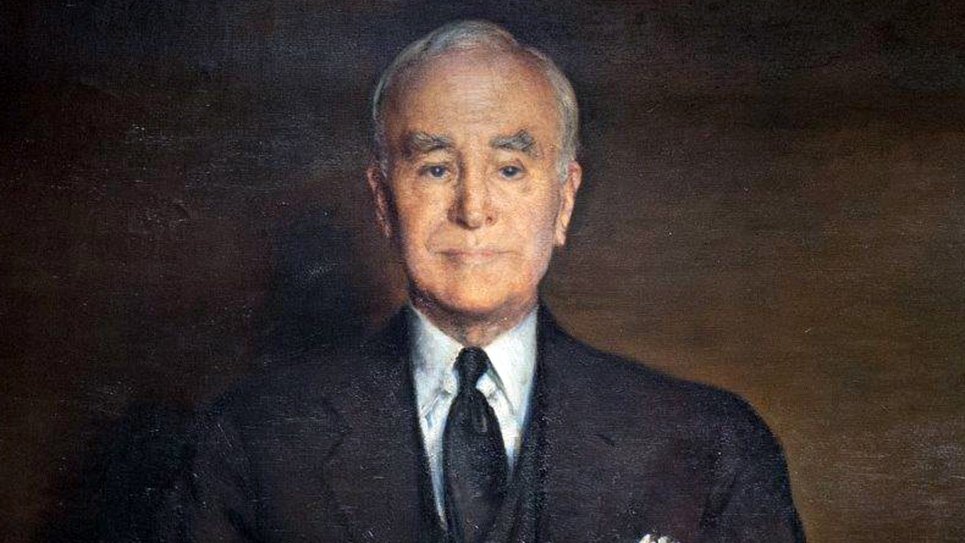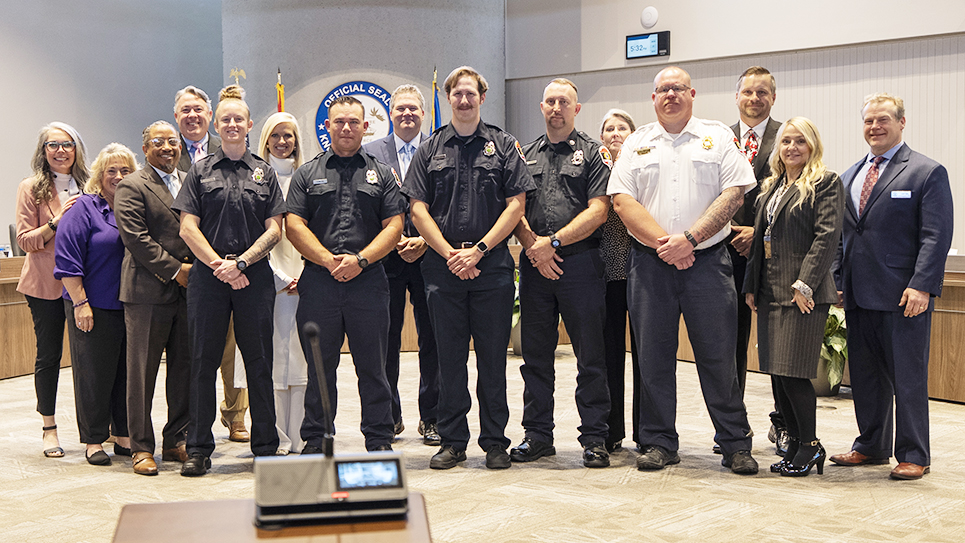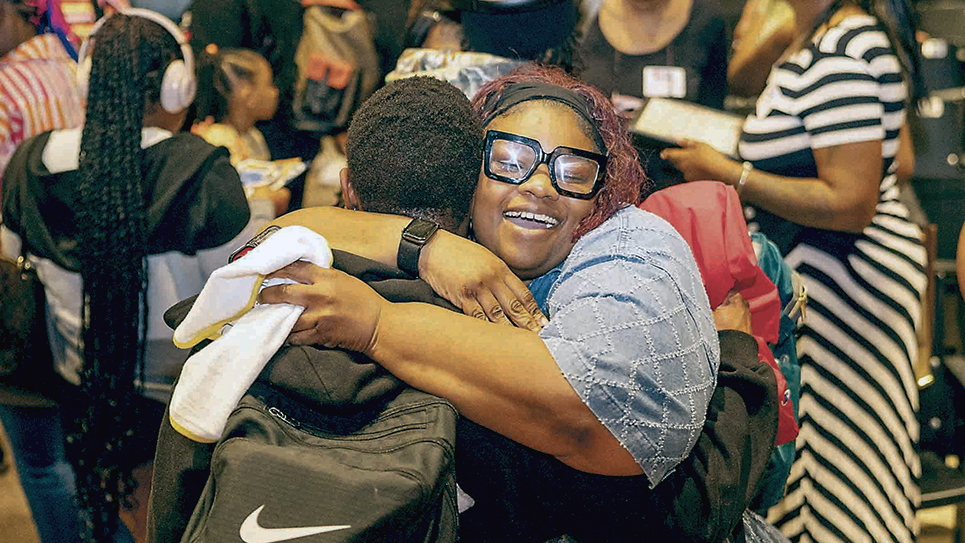Biden Finally Did Something Right
By John J. Duncan Jr.
duncanj@knoxfocus.com
Many years ago, during a hearing on a request for some new federal courthouses, Rep. (later Senator) Jim Inhofe whispered to me: “You could shoot a gun down the hall of almost any federal courthouse at 3:00 on any weekday and never hit anyone.”
I don’t know why he said that, but it is even more true today. Jury trials have almost become a thing of the past in both federal and state courts.
I thought of this when President Biden, in one of his last days in office, finally did something with which I agreed. He vetoed a bill adding 66 new federal judges.
He vetoed it for the wrong reason, however. He did it just because he didn’t want President Trump to be able to appoint all these new judges.
He should have vetoed the bill because – 1) we do not need more judges, and 2) it will save hundreds of millions of dollars over the life of these judges, their staffs, and their replacements if they are not added.
I was a criminal court judge in Tennessee for almost 7½ years before being elected to Congress. During that time, I tried felony criminal cases, including the attempted murder of James Earl Ray.
I like almost every judge I have ever known and I know that members of Congress like to get their friends appointed to open or new judgeships in their states or districts.
I also know, however, that court statistics can be very misleading. Those who want more judges can say caseloads have gone up 25-30 percent.
But the simple fact is that when very few cases are going to trial, you don’t need more judges.
It shocks judges and lawyers today when I tell them I tried 68 jury trials and five non-jury trials during my first year as a judge back in 1981.
Then, in my second year on the bench, Knox County got a new district attorney general who settled more cases. But I still had 40 to 50 jury trials each year.
The only statistic that will tell the true story about whether a new judge is needed is one they will never tell you: the number of days spent in trial.
I once had a young woman in front of me who had forged 24 checks. She pled guilty to all charges. It did not take very long to take her guilty pleas. The district attorney had 24 different very thin files with different case numbers so he could say they had disposed of 24 cases.
A judge who takes guilty pleas all week has worked far less than a judge who has spent all week in one jury trial that has gone on from morning ‘til night.
There are still a few jury trials in criminal cases. We now need even fewer judges in courts handling civil cases. For many years now, federal and state courts have gone to a formal process called mediation.
Many judges and lawyers will say they wish they had more jury trials, but most really do not. The judges know they will have it much easier if they encourage or pressure lawyers to go to mediation, and they know they can never be reversed on a case that is mediated.
And most lawyers under 50 years old have either never tried a case in front of a jury, or they do it so infrequently I believe most are now scared to do it.
The secretary to one of the civil court judges in Knoxville told me almost five years ago that her judge had tried only three jury trials that year.
A lawyer friend of mine told me last year that a judge in a small town about 60 miles from Knoxville had had only one jury trial the year before, and it ended in a hung jury.
Federal judges are very expensive. Not only do they draw very high salaries, but they have secretaries, law clerks, court reporters, office clerks, court officers and security personnel who also draw very good salaries.
And federal judges have the best retirement plans in this (or probably any) country. At age 65 they can go on what is called “senior status” and continue to draw their full salary if they handle a one-fourth caseload or do “other duties” (hmmm, I wonder what those are).
Unless and until we start having more cases that actually go to trial in front of juries, we really do not need more judges.






